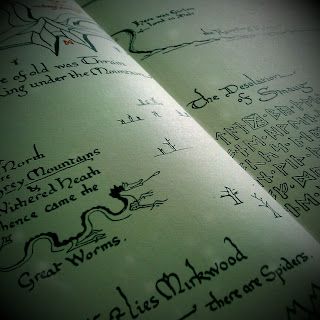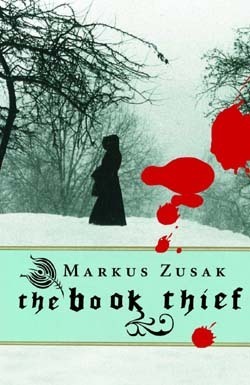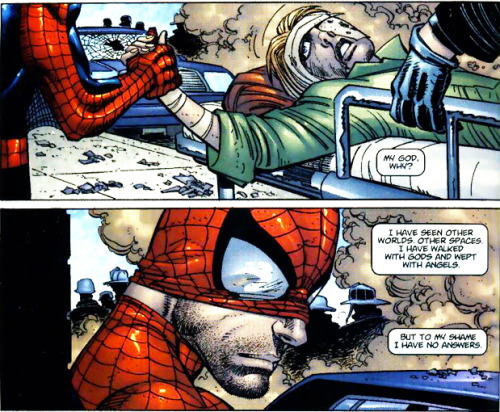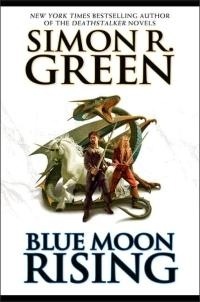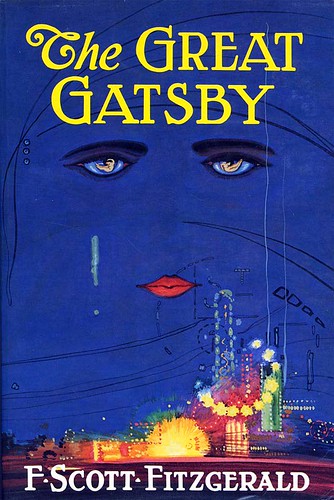For English this year, we get the 'joy' of studying the 'classic' film. American Beauty.
In short, this 1999 movie goes like this: (taken from IMDB.com)
Lester Burnham, a depressed suburban father in a mid-life crisis, decides to turn his hectic life around after developing an infatuation for his daughter's attractive friend.
But before I do, let me put this in:
According to James Truslow Adams the American Dream is “‘that dream of a land in which life should be better and richer and fuller for everyone, with opportunity for each according to ability or achievement’....It is not a dream of motor cars and high wages merely”.
Of course, there is nothing uniquely American about this dream, it's just that America likes to think that it is.
Alons-y!
Dinner scene one:
Most people live on a lonely island,
Lost in the middle of a foggy sea.
Most people long for another island,
One where they know they will like to be.
The Characters of American beauty are isolated from each other, there is no communication in this family, they all are unhappy and long for a better life, one quite similar to the one that Peggy Lee offers. The Burnhams might not know it yet, but they want the original American Dream. They want freedom and the diagetic music symbolises this.
Also notice the arrows. What colours are they? That's right red white and blue. Do you know what else is those colours?
Yup. And it's not unintentional. These colours appear in NEARLY EVERY SCENE. And I'm not even joking.
But why?, I hear you ask.
Well, it's for the same reason that the table's set up so perfectly. Mendes' want's us to look at the Burnham's and go "look at them, they're living the American Dream"
Sam Mendes wants the audience to see what the american dream has become, how it has evolved from the original James Truslow Adams one. As John Green, award winning author, said "There is no them, only facets of us" and by looking at "American Beauty" and seeing the shallow lives that the characters live, we are forced to look at our own lives, and evaluate what is important to us.
Now, let us compare this with the second Dinner Scene. Once more into the breach, dear friends!
(Save it for "Othello" Tash, save it for "Othello")
Dinner Scene Two:
Okay, so we still get the image of the door frame, but there's actually no slow zoom in this time. At almost half way through the film, the audience has already been established as voyeurs. Instead Hall uses a series of quick cuts to build up tension. We know that Carolyn's having an affair. We know that Lester's just quit his job and blackmailed his boss for thousands of dollars. The quick cuts keep the audience on their toes, we don't know what's going to happen, or how anyone's going to react.
There's a drastic change in costume in this dinner scene. Carolyn's in a soft pink blouse, Lester's wearing a casual shirt, the roses are gone. The triangle is pretty much gone, all the characters are on an equal level, neither being pushed down or raised up.
The second dinner scene is where Lester Finally stands up to his controlling wife: "I am sick and tired of being treated like I don't exist". Lester wants his place back, but interestingly enough, Lester doesn't want to be the head of the family, he just want's an equal share. "And another thing. From now on we're going to alternate our dinner music. Because frankly, and I don't think I'm alone here, I am really tired of this Lawrence Welk-shit".
After throwing the asparagus at the wall, Lester leans forward into the light. He does not slouch, nor does he mutter to himself and leave the room. He faces his wife with his face level to hers.
After Lester's dramatic revelation about how he hates classical music, Hall presents us with another shot of the dining room, once again from the outside looking in.
As you can see by the yellow line, Carolyn and Lester are equal, and Jane is slightly lower than her parents, as she should be. The scene mocks the image of the "American Dream" by presenting what, at first glance, could be a rather tense, yet normal family dinner. But if you look closer at the scene, you can see shards of pottery by Lester's chair, and a single slice of lemon sitting above the picture frame. Lester has broken the families perception that they are living the American dream, symbolised by the broken pieces around him.
And remember, 'There is so much beauty in the world"









